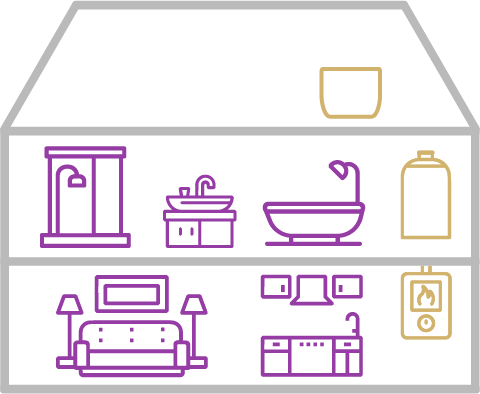Telford - 01952 222232
Shrewsbury - 01743 340900

Telford - 01952 222232
Shrewsbury - 01743 340900






